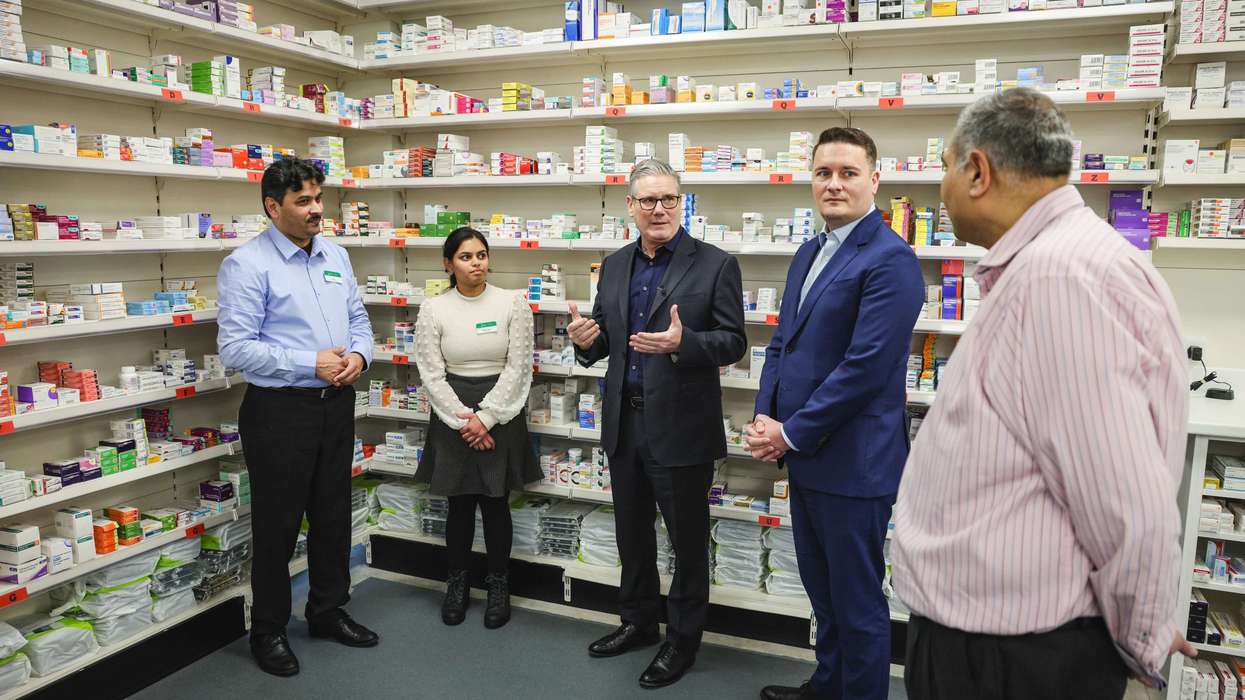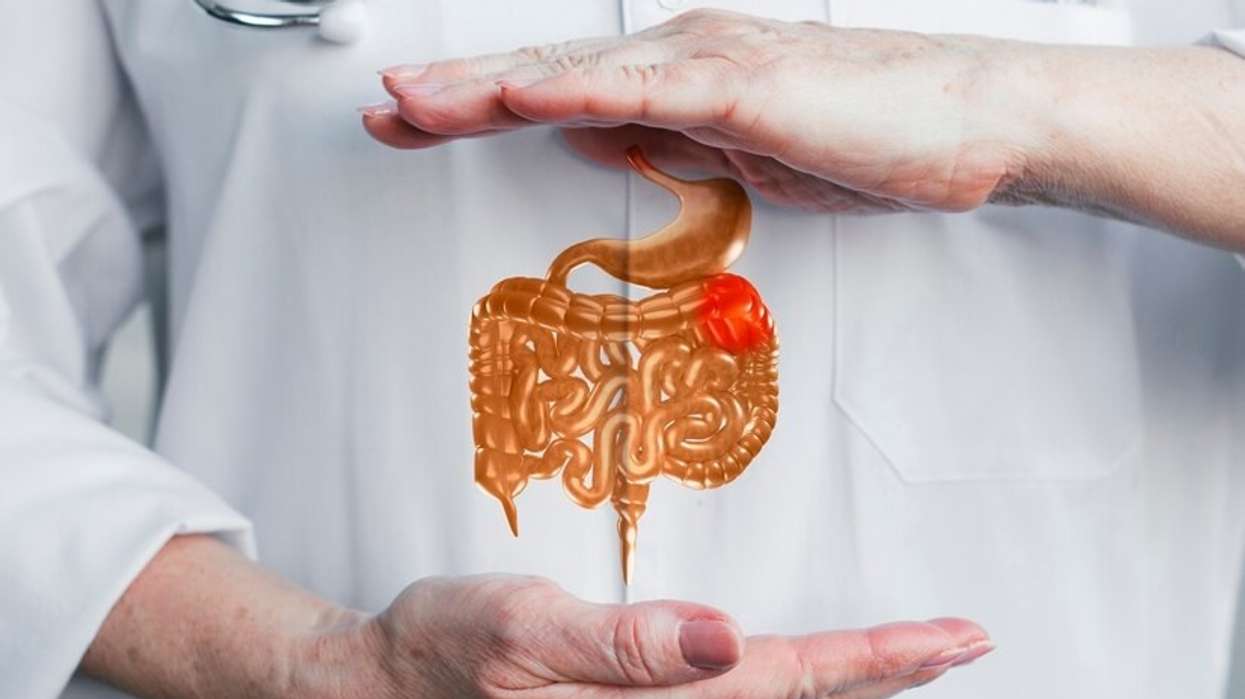Despite the government’s announcement on lifting most Covid-19 related restrictions from next Thursday (January 27), people working in community pharmacies will be required to adhere to the UK Health Security Agency’s infection prevention control (IPC) guidance.
The ambit the guidance, which aims to protect everyone against the infection, also covers GP practices, dental practices and optometry practices, the Pharmaceutical Services Negotiating Committee said in an update.
The negotiators also urged community pharmacy teams to encourage patients to wear a face covering while vising pharmacy to keep staff and other patients safe.
Prime minister Boris Johnson announced on Wednesday (January 19) that Covid-19 restrictions re-imposed in England last month would be lifted by from next Thursday (January 27).
The government has decided to end the guidance on working from home, mandatory certification based on vaccines and tests along with the legal mandate to wear face masks.
Reacting to the prime minister’s announcement, Andrew Lane, chair of the National Pharmacy Association (NPA) said: “We continue to urge people to wear masks in pharmacies, in line with UK Health Security Agency guidance.”
Matthew Taylor chief executive of the NHS Confederation said: “While it is the job of the prime minister and the government to weigh up the balance of pros and cons for lifting restrictions, this is not the time for complacency about this virus.
“Covid-19 has not magically disappeared, and we are likely to have to learn to live alongside it for years to come. Lifting restrictions doesn’t mean a return to normality is inevitable.
"We need to be honest with the public that a decision to lift restrictions is a trade-off. We will have greater freedoms but the cost - at least in the short term - will be that more people are likely to get sick with Covid, and that the health service will continue to have to deal with the extra burdens that this creates.
He added: “As we move from a pandemic to an endemic, we know the virus will continue to circulate in the community so people should do all they can to mitigate the risk to themselves and others, testing themselves regularly, ventilating rooms frequently even in the winter months and wearing masks when in crowded places.











